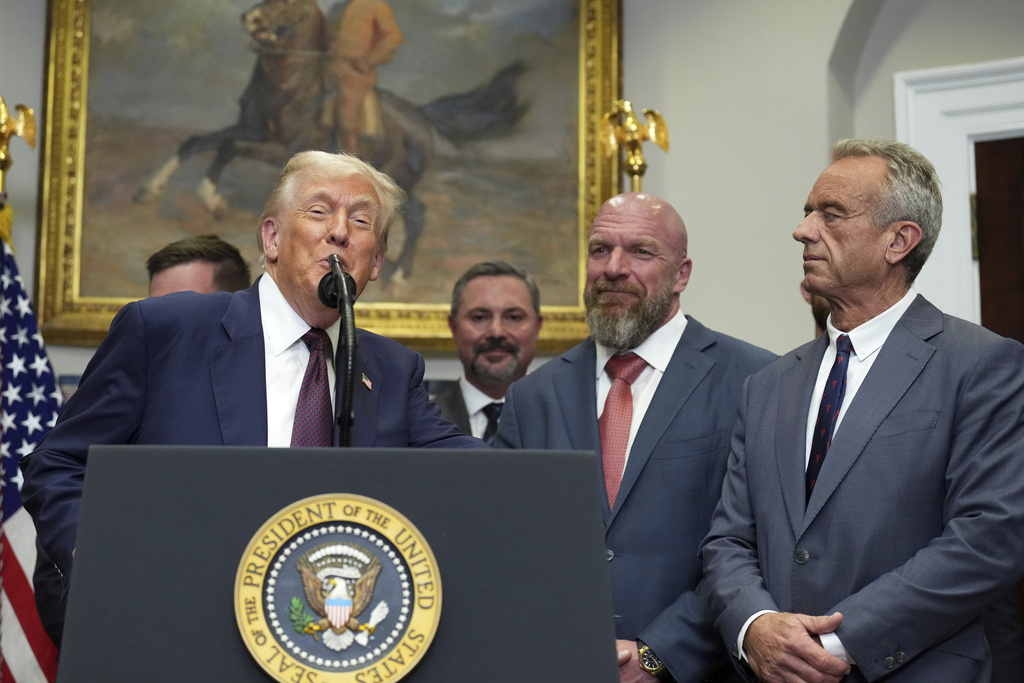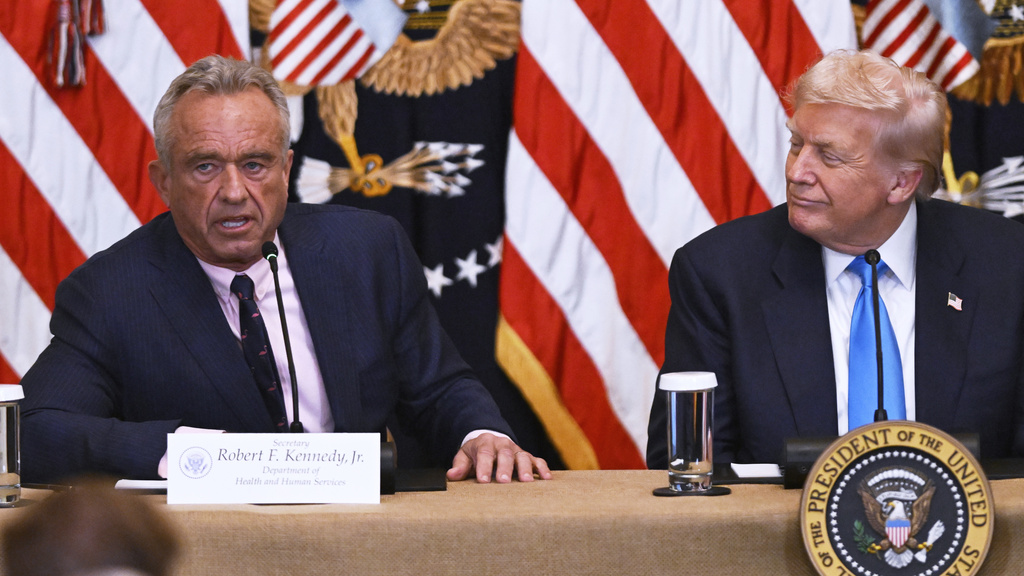In a major decision made on Thursday, the Supreme Court ruled that theTrump administration can move forward with slashing significant funding allocated for research in an effort to cut back on federal diversity, equity, and inclusion initiatives.
The court’s split decision removed an earlier judge’s block on $783 million in cuts enforced by the National Institutes of Health, aligning these reductions with President Trump’s federal priorities.
This division among the justices resulted in a 5-4 vote, where Chief Justice John Roberts and the court’s three liberal judges disagreed with allowing such cuts. However, a critical vote by Justice Amy Coney Barrett did preserve a blockage on the administration’s anti-DEI directive for any future funding.

This ruling is yet another win for Trump from the Supreme Court, authorizing the Trump administration to proceed with canceling numerous research grants while the legal proceedings are ongoing. Critics of the decision are already labeling it a serious regression for public health; the partial victory in blocking future cuts means further studies cannot be axed.

The Justice Department argues that funding decisions should be insulated from judicial review and contends that DEI efforts can inadvertently hide severe racial discrimination.
This lawsuit only targets part of the approximately $12 billion allocated for NIH research projects subject to cuts. In their emergency appeal, the Trump team also challenged multiple instances where judges attempted to counter their funding reductions.
Solicitor General D. John Sauer maintained that judges should refrain from these cases based on previous Supreme Court rulings that have already permitted cuts to teacher training linked to DEI. He concluded these matters should be resolved in federal claims court.
Five of the conservative justices endorsed this view, with Justice Neil Gorsuch expressing in a brief opinion his dissatisfaction with lower-court judges for not following directives from the Supreme Court. He commented that “All these interventions should have been unnecessary.”
The plaintiffs—comprising 16 Democratic state attorneys general and advocacy groups for public health—argued against the cuts by emphasizing that research grants are not on the same level as teacher-training contracts and should not be treated the same way in court.
They warned that defunding ongoing research disrupts studies, compromises data collection, and impairs the nation’s potential for scientific progress by placing obstacles in the work of scientists at critical junctures in their careers.
Justice Ketanji Brown Jackson issued a detailed dissent, criticizing both the decision and her colleagues’ willingness to let the administration exploit the emergency procedures offered by the court. She likened the situation to the chaotic game of Calvinball from the comic strip “Calvin and Hobbes”, stating, “This is Calvinball jurisprudence with a twist. Calvinball has only one rule: There are no fixed rules. We seem to have two: that one, and this Administration always wins.”
In June, U.S. District Judge William Young from Massachusetts deemed the cutbacks as arbitrary and discriminatory, advising, “I’ve never seen government racial discrimination like this.” He later questioned, “Have we no shame?” as he described the impact of these governmental actions.
An appeals court managed to keep Judge Young’s ruling intact.




















